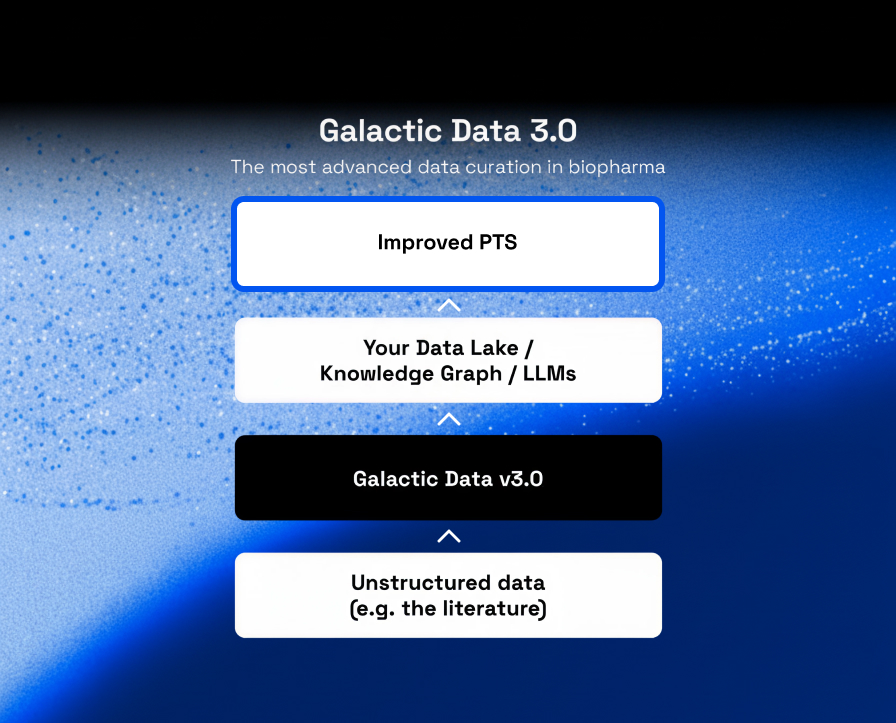Unlocking the Power of Data in AI-Driven Drug Discovery

In today's pharmaceutical landscape, the success of AI in drug discovery heavily relies on the quality and quantity of data available. Companies that effectively harness fit-for-purpose data can significantly enhance their R&D processes.
However, many traditional pharmaceutical firms still struggle with data fragmentation and the limitations of existing datasets.
AI has proven particularly effective in fields where large, well-defined datasets exist. For instance, in computational pathology, models trained on millions of images have revolutionised cancer diagnostics. Conversely, drug combination synergy prediction remains a challenging area, primarily due to the limited size of datasets.
To unlock the true potential of AI, pharma companies must adopt a robust data strategy, generating and harmonising data specifically for AI applications. The result? A transformative impact on the speed and success of drug development initiatives. Read more on a framework to ensure AI-driven drug discovery in the Journal for Clinical Studies here.
At Biorelate we’re leveraging the latest LLM models, fine-tuned on our proprietary curated data, to build structured datasets from the literature and other biomedical sources. This data is more comprehensive and accurate than ever before and a great foundation to enable better decision making in R&D.
If you’re investigating innovative ways to increase the probability of clinical success of your new medicines, email us at info@biorelate.com to discuss the role AI can play in achieving this with our data science and bioinformatics specialists.
Latest News
Discover new insights and updates for data science in biopharma






